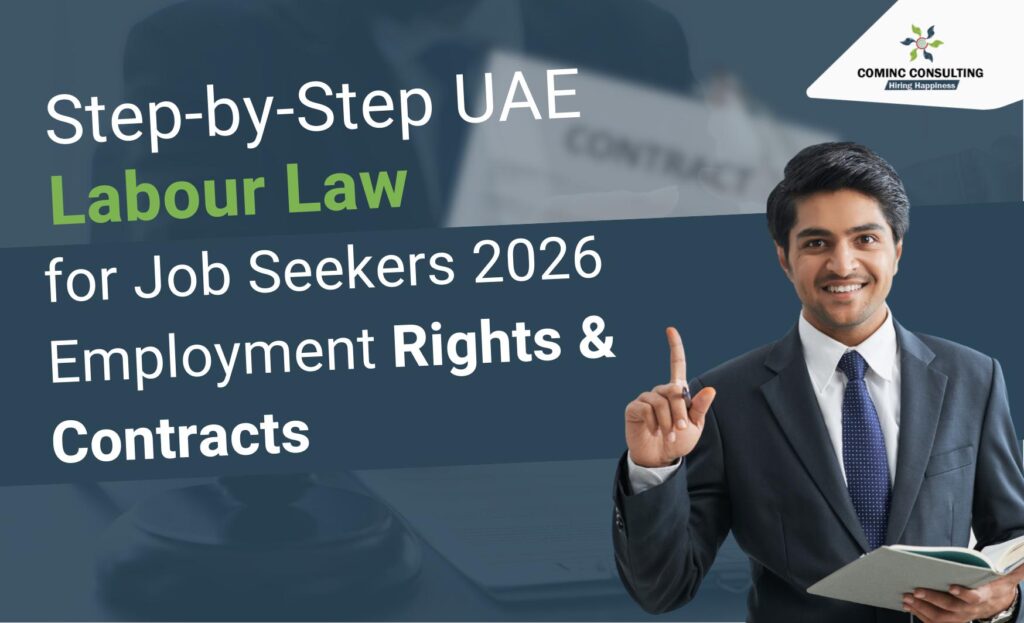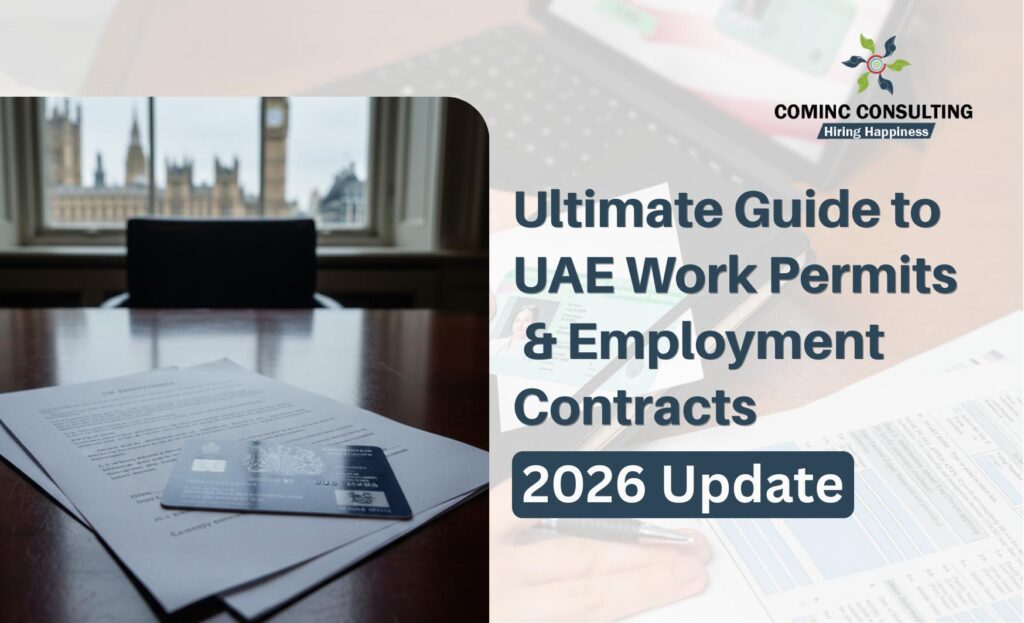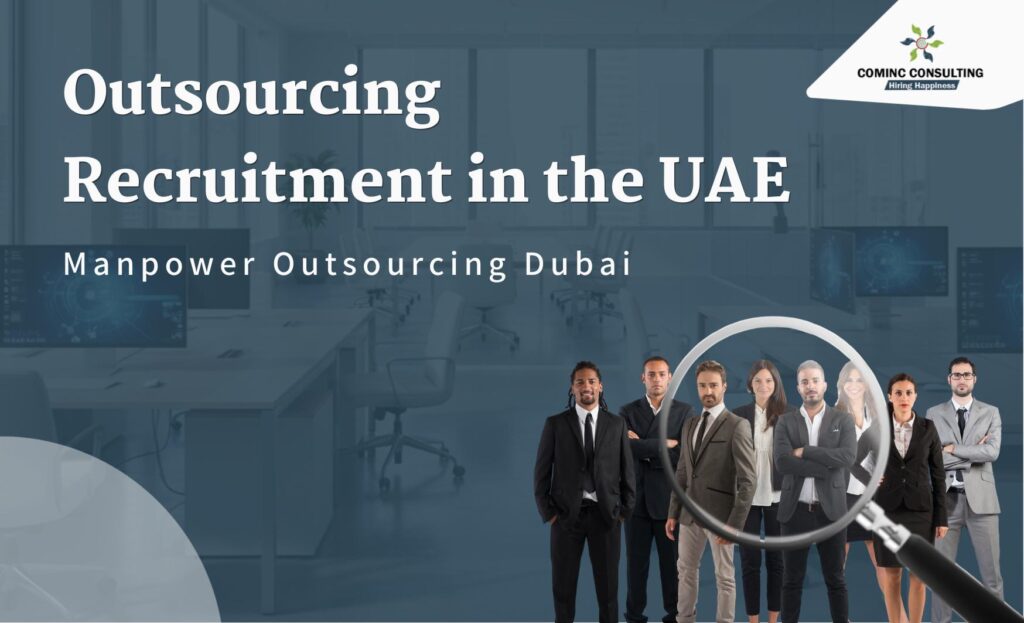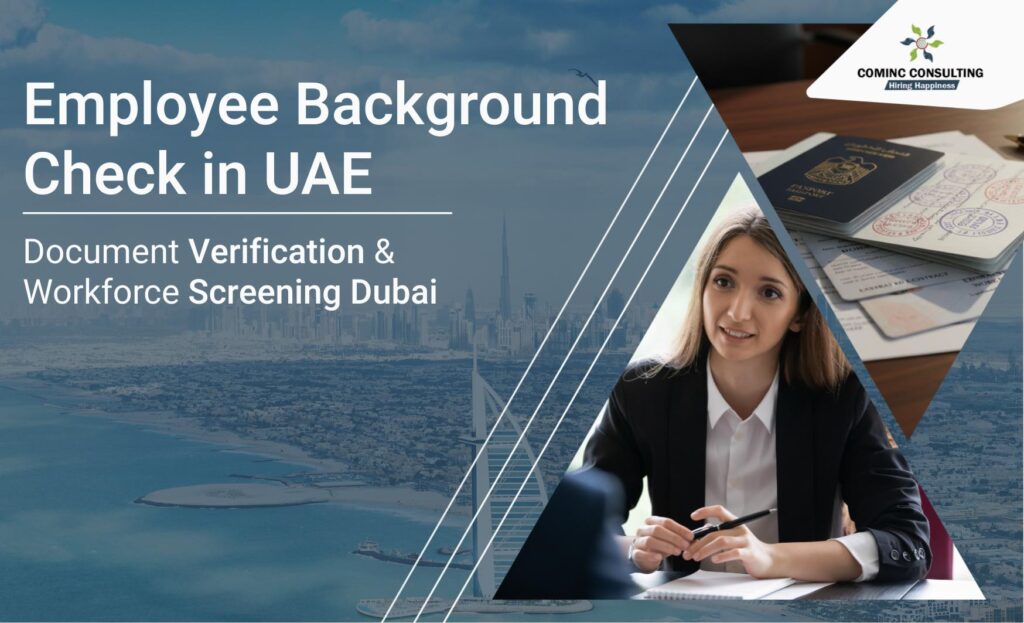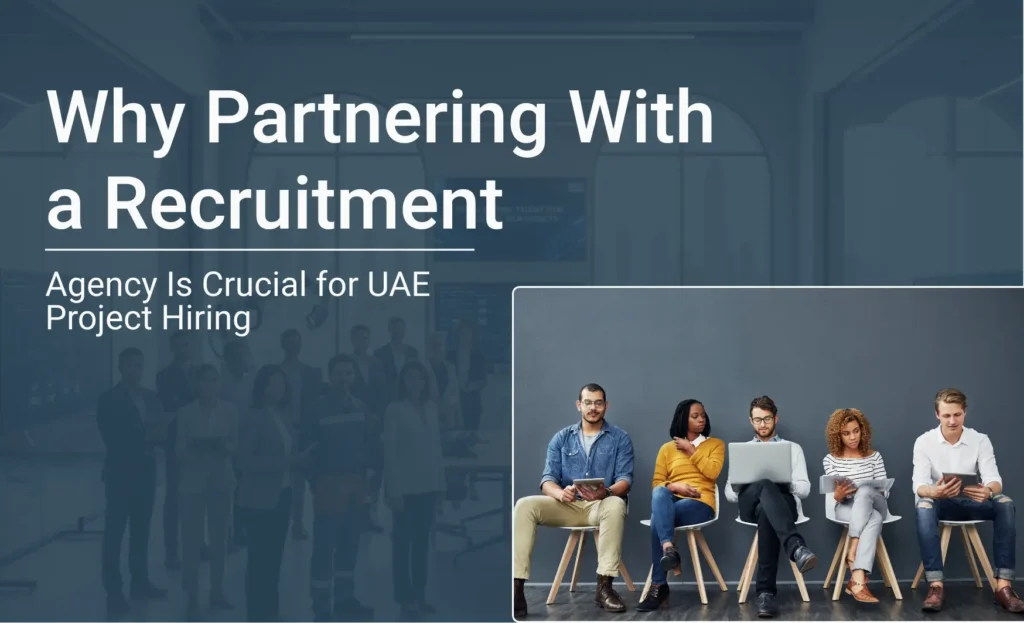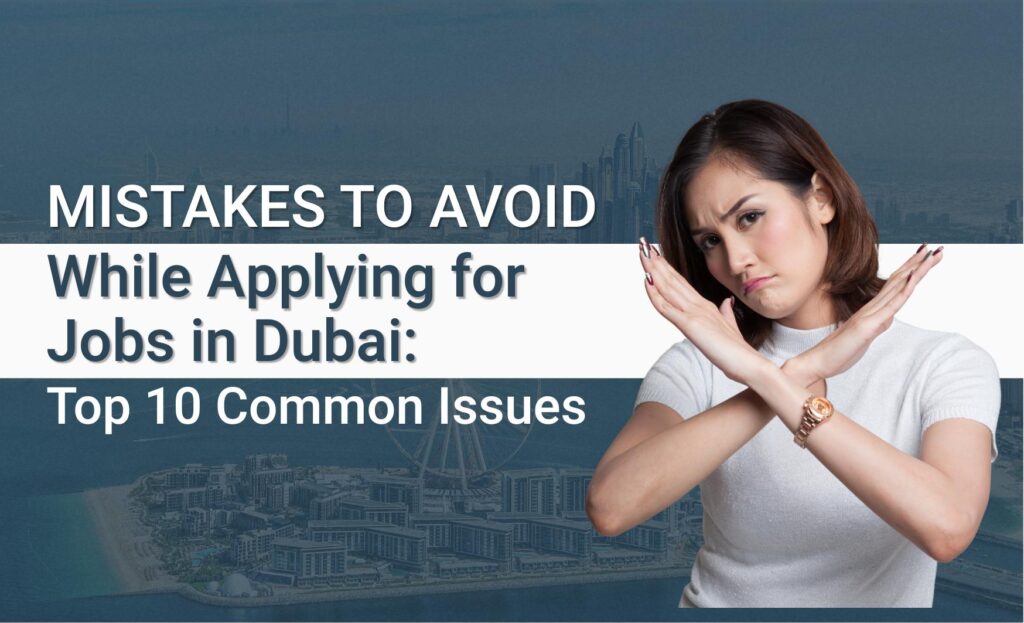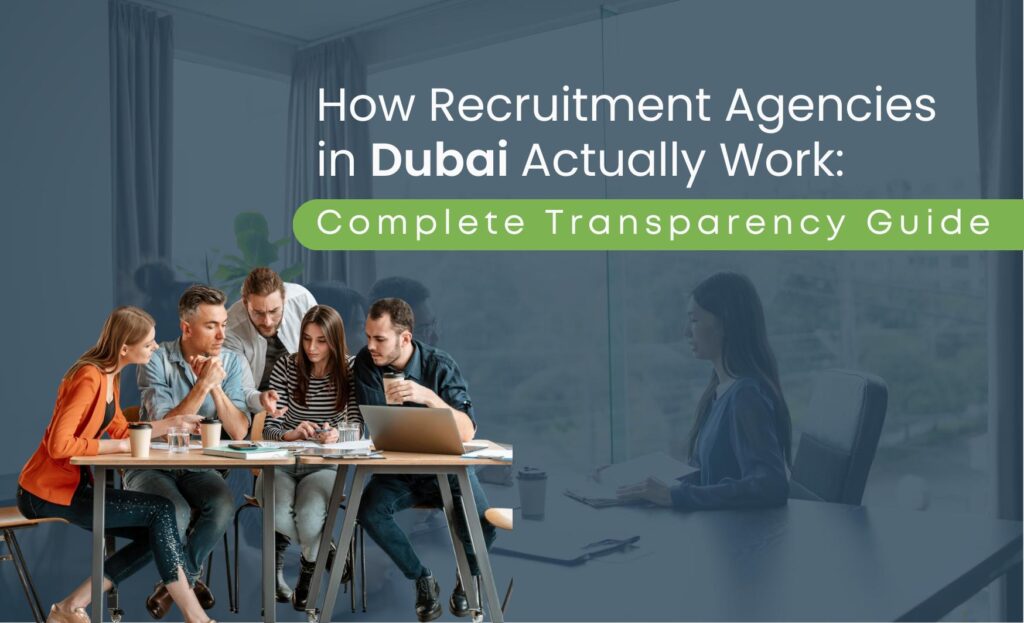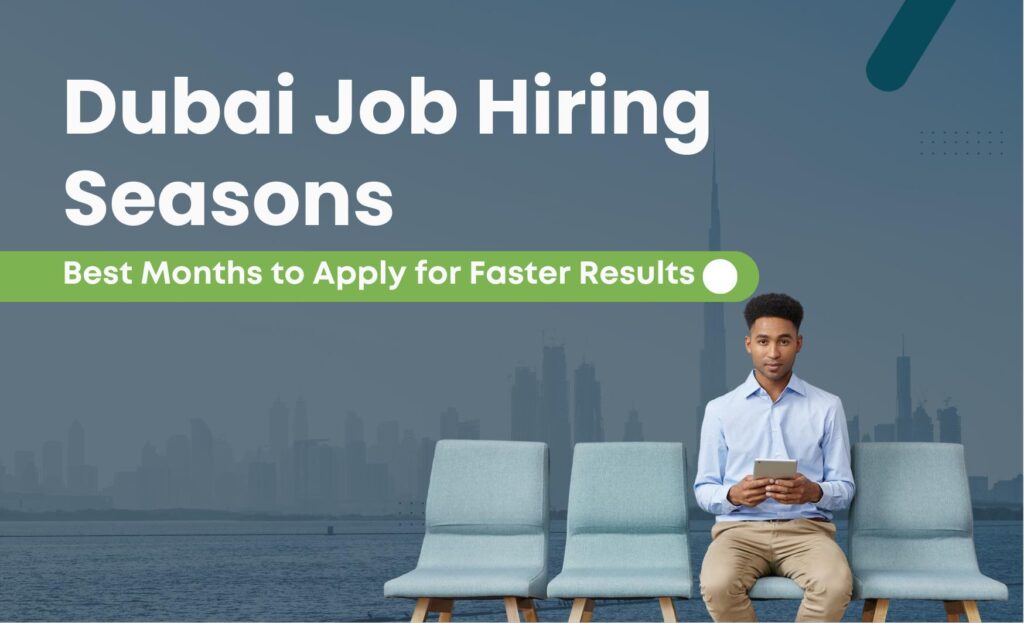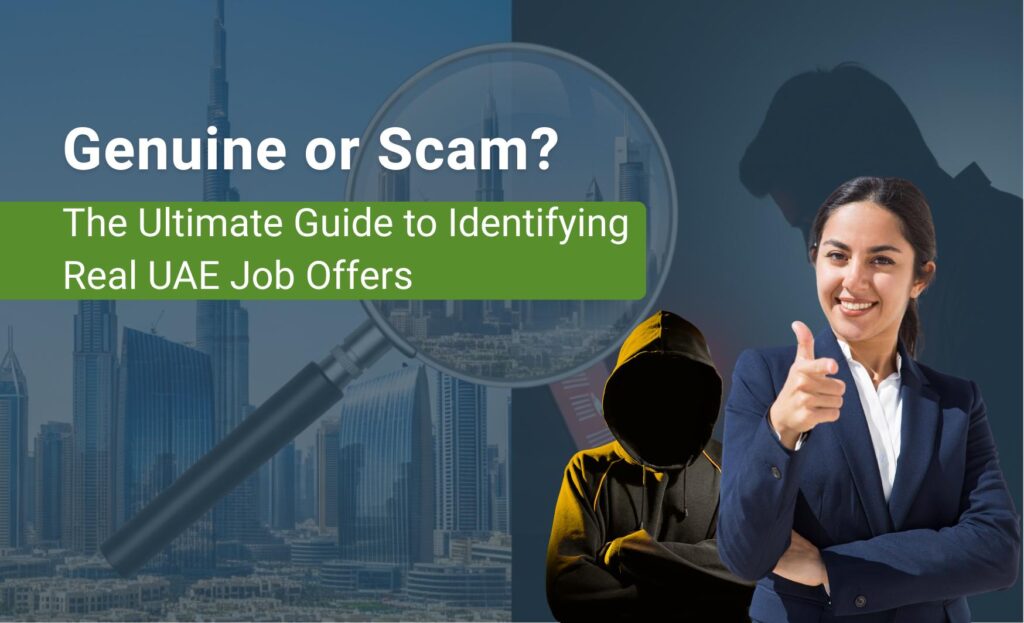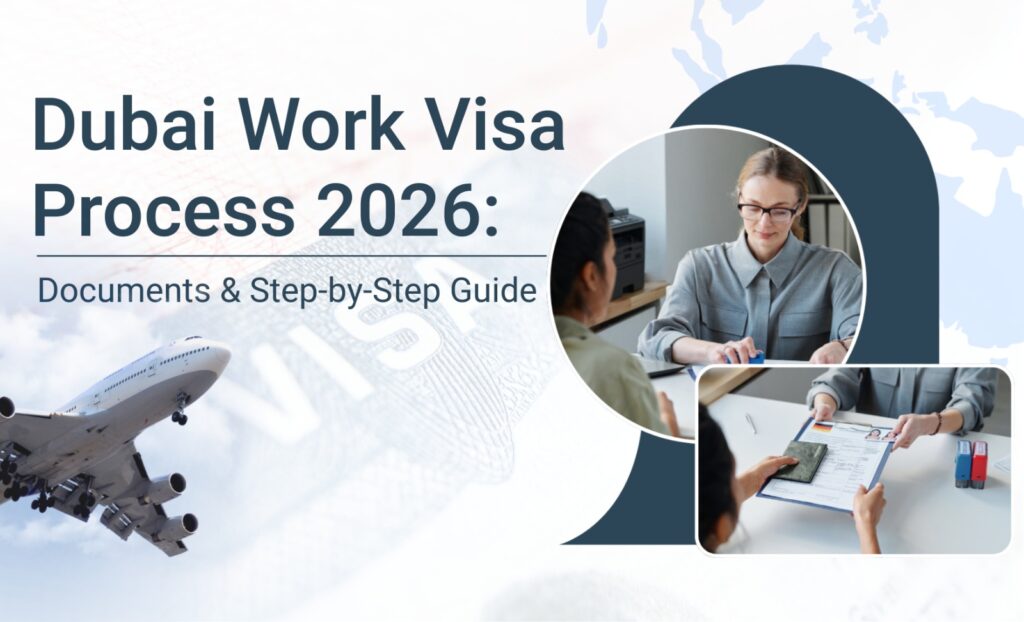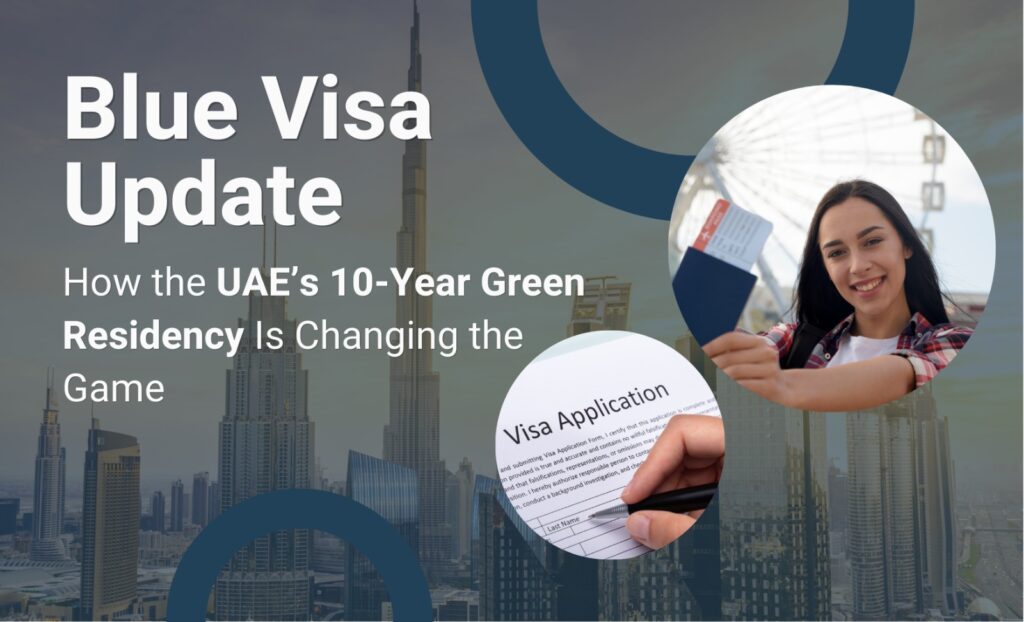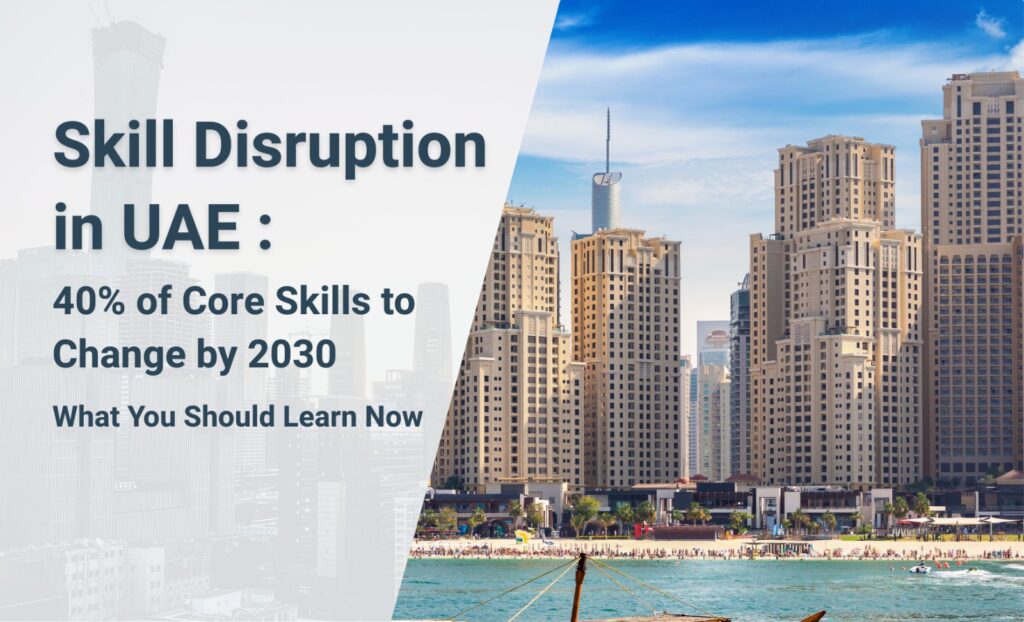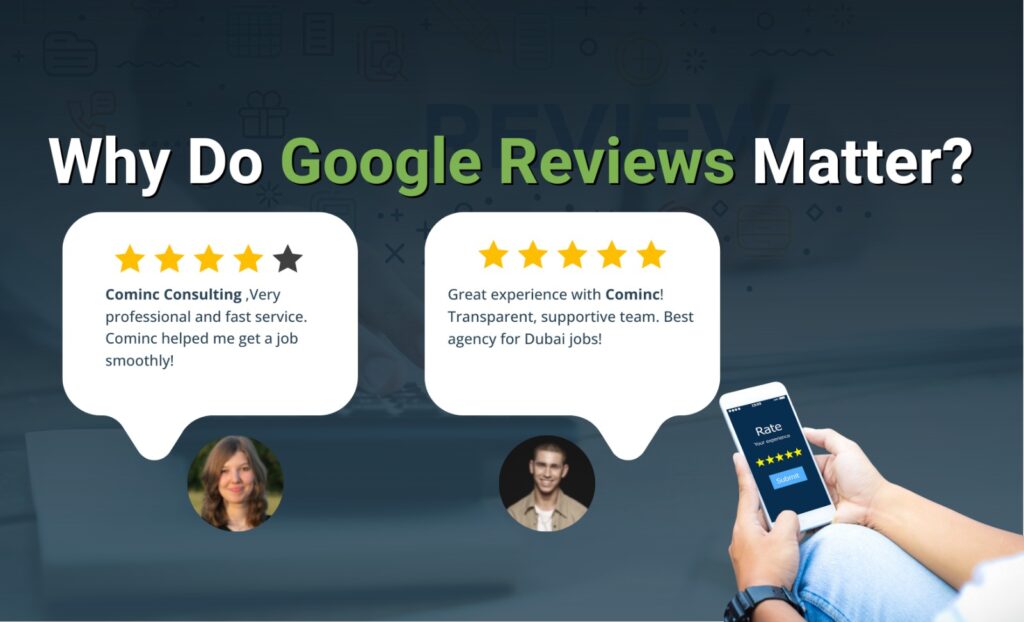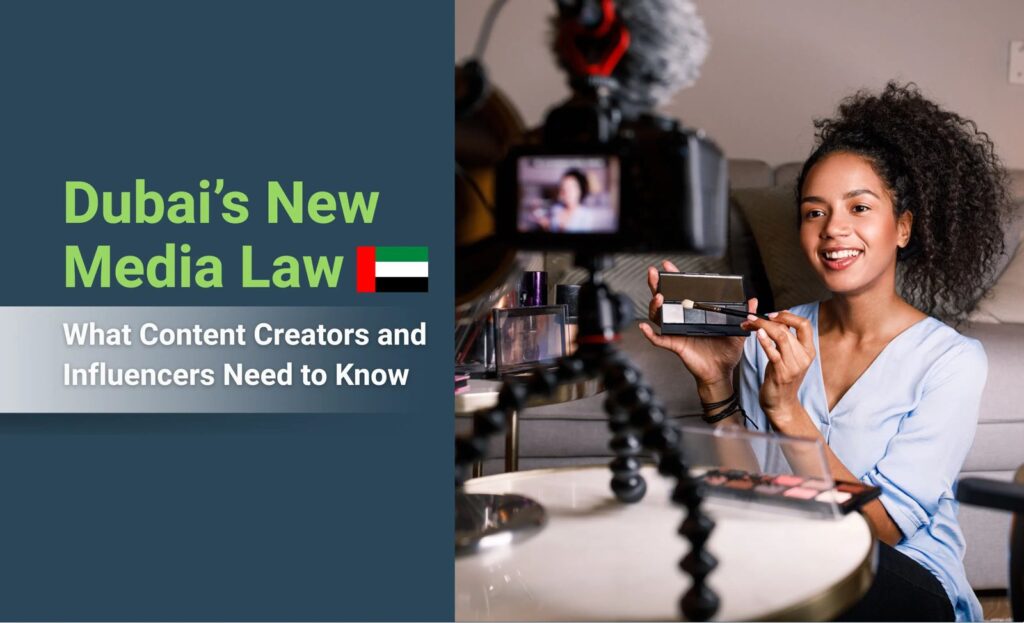
Dubai’s New Media Law: What Content Creators and Influencers Need to Know
If you create sponsored posts, partnered for brand promotion or monetized your channels in the UAE, you’ve probably heard about Dubai media law 2025. Dubai’s new media law directs how creators should work with brands, what permits you need and the penalties for getting things wrong. This guide breaks it down in simple language under Dubai media law 2025, and shows how Coming Consulting can aid you stay on the right side of the rubrics while growing your brand.
What changed under the new UAE media law?
The new UAE media law took effect on July 30, 2025 and is enforced by the UAE Media Council across the Emirates and free zones. It validates a two-step approach: first, you need a trade or freelance business license; then you obtain a media permit (often called an “advertiser permit”) for promotional content. In practice, that means UAE influencer licensing is no longer optional; it’s the foundation for professional, transparent collaborations.
A dual-licensing era: the UAE dual licensing system for influencers 2025
Think of the UAE dual licensing system for influencers 2025 like your car: the trade/freelance license is the vehicle registration, while the media/advertiser permit is your driving licence for ads. Both are required if you publish paid or value-in-kind promotions. For brands and agencies, this also simplifies due diligence and elevates Dubai influencer compliance standards across campaigns. The result: clearer rules, fewer grey areas, and a market that rewards serious creators.
Who needs a permit?
If your content includes ads, affiliate links, gifted products with required posts, promo codes, or paid collaborations, assume you’re in scope. Visitors can work through licensed agencies; residents typically need their own licences (minimum age is generally 18, with some conditions). Clear disclosures and record-keeping are now part of everyday Dubai influencer compliance, and UAE influencer licensing extends to micro-creators who monetize occasionally, not just celebrities. The policy intent behind Dubai media law 2025 is to professionalize the sector and protect audiences.
Penalties and standards you should know under Dubai media law 2025
The law introduces strict fines for violations (with ceilings reported up to AED 1 million for serious or repeat offenses) and sets binding content standards covering truthfulness, public morals, religion, and national security. Practically, creators should review claims, avoid misleading health/finance promises, and keep documentary proofs of collaborations. Brands are expected to contract only with licensed creators and to build compliance into briefings and approvals.
Step-by-step: how to get media licence in UAE for content creators
- 1. Choose your business route: Many creators start with a freelance permit or a trade licence via a mainland or free-zone authority.
- 2. Apply for the media/advertiser authority with the UAE Media Council. You’ll submit IDs, your business licence, and basic profile information.
- 3. Align your workflows: add clear disclosing information, update contracts, and set an internal approval checklist.
Following these steps for how to get a media licence in UAE for content creators will keep you aligned from day one. For official process references, consult UAE Media Council licensing services.
Costs and timelines (what to expect)
Fees vary by jurisdiction and activity. Broadly, you’ll budget for the trade/freelance licence (often several thousand dirhams depending on the package) and the media/advertiser permit (which can be comparatively modest). Coming Consulting maps options and total cost of ownership so you don’t overpay, and we fast-track how to get a media licence in UAE for content creators with the right paperwork.
Compliance checklist you can steal
- Keep copies of permits and renewal reminders.
- Use clear ad disclosures in Arabic or English where your audience can see them.
- Avoid restricted sectors unless you have pre-approvals (e.g., health claims).
- Contract properly: scopes, deliverables, approvals, content rights, and termination.
- Maintain a campaign log: brief, approvals, live links, and screenshots.
How COMINC Consulting supports creators and brands (and UAE influencer licensing)
- Strategy: Pick the right business setup and licensing track for your budget and goals.
- Contracts: Prototypes that reflect the disclosing information and content standard.
- Paperwork: End-to-end filing with the Media Council and relevant licensing authorities.
- Training: provide practical training on Dubai influencer compliance, so teams know what to avoid and what to post.
- Ongoing support: Renewals, updates, and quick instructions before product launches.
Frequently Asked Questions
Yes. The UAE Media Council’s law covers the entire country, including free zones.
Under the new UAE media law, most monetizing creators will need both a business licence and a media/advertiser permit. This dual approach is often called the UAE dual licensing system for influencers 2025.
Penalties can be significant, and brands can also be liable. Beyond fines, you risk takedown orders or suspension. Strong Dubai influencer compliance practices, contracts licences, and disclosures are your best defence.
Coming Consulting. We advise on structure (freelance vs. trade licence), prepare applications, draft compliant contract templates, and train your team on disclosures and review workflows.
Conclusion
The new UAE media law raises the scope for transparency in the creator economy and professionalism. The revolution taken by Dubai media law 2025 is big but it’s also a chance to level up your brand, attract higher value partnerships and boost credibility.
Implementing UAE influencer licensing isn’t just about compliance, it’s a smart move to future-proof your brand, attract better partnerships and build trust.
You can focus on creative work with clear rules, documented approvals, and the right permits, while staying safe by partnering with Coming Consulting
Create boldly, Comply confidently



